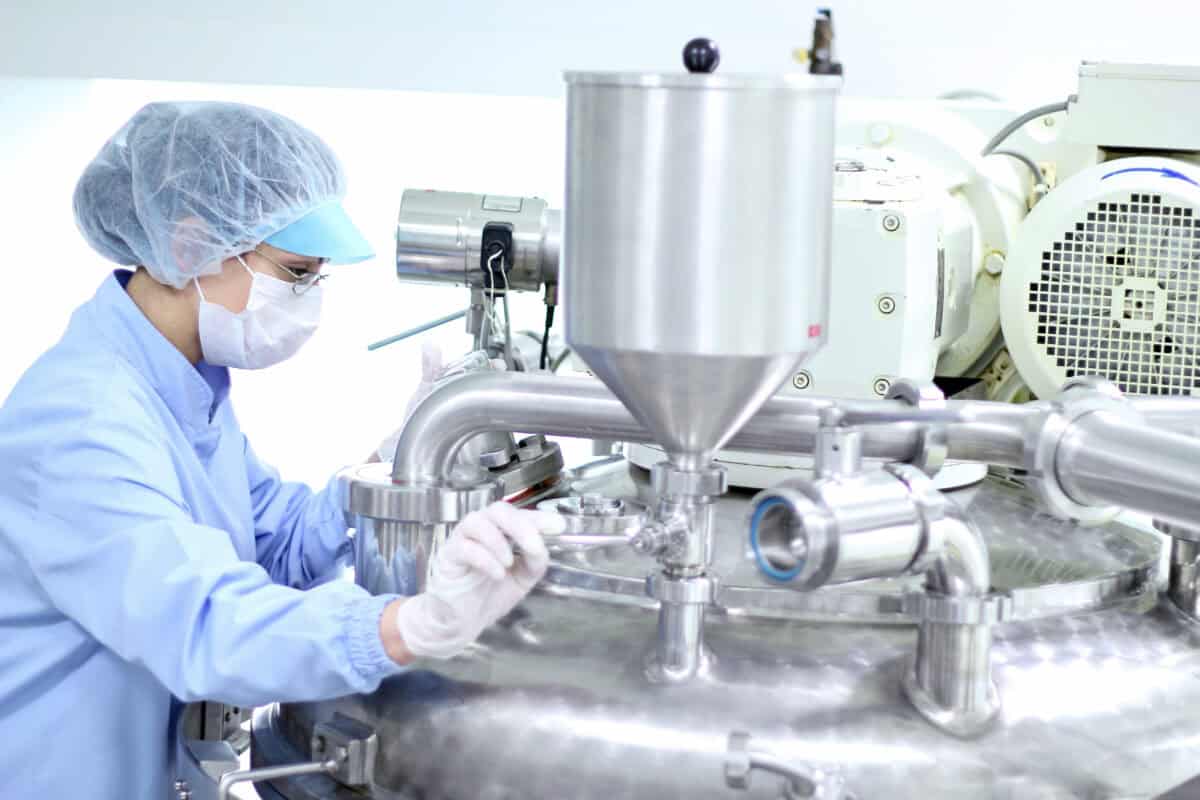
Pre-Approval Inspection (PAI) is a crucial step for emerging companies and ensuring PAI readiness is a vital set of activities for transitioning a drug or therapy from development to market and commercialization. We often see companies begin PAI preparation after successful Phase II studies. This strategy aims to establish a solid foundation for subsequent Phase III studies, process validation, and precommercial activities.
However, the complexity and shifting dynamics of drug development often lead cross-functional teams, including Quality professionals, to focus within their own siloes during clinical studies. In doing so, they may inadvertently overlook the interconnected nature of product quality, compliance, process robustness, and product safety. We have seen emerging biopharma companies often attempt to undertake evaluations of key risk areas in facility, process, and product dimensions independently due to constraints on time and resources. Unfortunately, this often puts one or more of the following areas of readiness at risk:
- Overall readiness for Commercial Manufacturing
- Conformance to Application
- Data Integrity & Accuracy
When Companies Fail to Take a Structured Approach for PAI Readiness
Failure to adopt a structured and cross-functional approach to PAI readiness can have severe consequences. For example, a medium-sized pharmaceutical company with an Alzheimer’s treatment in development faced an FDA-issued complete response letter (CRL), citing deficiencies in the CMC sections of the NDA. The rejection was due primarily to not establishing and implementing approved procedures to control the manufacturing process. The resulting lack of assurance in product consistency for safety, identity, strength, quality, and purity led to the delay in marketing authorization and commercial availability of the treatment.
CMC deficiencies, including non-conformance to application standards and inadequate label clarification, can also result in PAI failures. A multinational pharmaceutical company seeking marketing authorization for its Non-Small Cell Lung Cancer (NSCLC) drug encountered substantial delays in obtaining approval due to challenges related to justifying their choice of container closure for clinical studies.
Proactive PAI Readiness for Rare Disease Application
In contrast, taking a more structured approach to PAI preparations and readiness can reduce the risks of these failures. For example, a client already working with us to prepare for the commercial launch of their rare disease treatment received expedited review from the FDA. Recognizing the additional urgency required to launch as soon as approval was granted, the company mobilized a streamlined PAI readiness process with Converge support. The approach included a dedicated team of Quality consultants, seamless coordination between our organizations, and a systematic and efficient approach to PAI preparation across multiple functional areas. The result was an extraordinarily condensed timeline of merely six months, substantially less than the industry norm of 12 months or more.
Key Takeaways
- Pivotal Significance for Marketing Authorization: PAI readiness is essential for a program’s success in obtaining FDA marketing authorization. It is a critical milestone in the regulatory pathway, and can directly impact product approval and launch timing if not sufficiently addressed.
- Learn from PAI Failures: Program sponsors can leverage historical data on past PAI failures, and the expertise of experienced practitioners, to gain valuable insights. Understanding common pitfalls and areas of scrutiny can guide sponsors in proactively addressing potential issues.
- Specialized Skills & Experience are Essential: Recognize the complexity of PAI readiness, especially in an accelerated review timeframe. Efficient execution often requires specialized skills and experience that may not be available internally. Sponsors should engage external professionals with expertise to close identified gaps efficiently.
About the Authors
Rao Maddula is a skilled QA practitioner with 30+ years of experience in Quality for biologics and pharmaceuticals. He supports program development from Phase 1 through late-stage development and product commercialization.
Alexander Spivak is a senior consultant with 15+ years of project management experience, primarily with emerging biopharma clients preparing for commercial product launches.